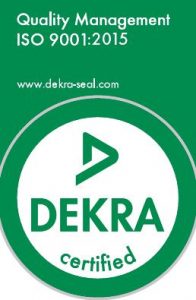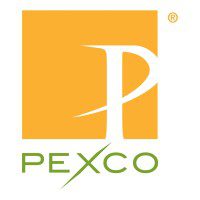Cost Effective Fluoropolymer Molding
- Market: Medical/Life Science
- Project Requirement: Manufacture a cost effective, conforming fluoropolymer part
Fluoropolymers (PFA, PEF. ETFE, PTFE, PVDF) are ideal for many medical applications due to their desirable attributes including biocompatibility, lubricity, sterilization, chemical inertness, stability over a wide temperature use range, barrier properties and high-purity with low extractables and leachables. However, fluoropolymers are relatively expensive and are difficult to injection mold (shear sensitivity, high melt temperature, and fluorine outgassing when melted).
Overview
Our customer, a manufacturer of diagnostic lab equipment, developed a new system automating a critical, but time consuming, manual diagnostic process. This system greatly reduced processing time, but utilized PFA, an expensive material, in its small (features as small as 0.20 mm), thin-walled (down to 0.30 mm), highly complex consumable parts. In fact, prior to contacting Performance Plastics (PPL), the customer had worked with other high end molders, who while even ignoring cost, were unable to manufacture the part.
Challenge
As mentioned above, fluoropolymers by their nature are difficult to mold. Further complicating the challenge was the highly complex, thin walled design of the part. The customer was looking for a way to cost effectively manufacture a compliant part.
Solution
The customer, on advice from its material supplier, contacted PPL to develop a cost effective injection molding solution. PPL leveraged its extensive fluoropolymer expertise in designing a solution to this challenging component. Our solution began with a hot runner system and mold designed to greatly reduced shear forces inherent in the injection molding process. Mitigating shear is key to preserving the mechanical properties inherent in the resin. Further, PPL utilizes proprietary metallurgy highly resistant to corrosion from fluorine gas. This significantly extends the useful life of the hot runner system, tooling and all other wetted component coming in contact with the melted resin. Lastly, PPL engineers incorporated a direct gated multi-cavity tool design eliminating the sprue and runner associated with traditional injection molding processes. Employing a direct gated tool design removes the material waste associated with the sprue and runner, particularly important when utilizing expensive resins such as fluoropolymers.
Results
PPL was able to produce a compliant part within 60 days while meeting their cost target. This allowed the customer to successfully introduce its new automated diagnostic system. The multi-cavity mold has reduced the production cycle and lowered the amount of required raw and finished goods inventory. Additionally, the advanced metallurgy developed has been leveraged to produce longer life/lower maintenance molds for other chemically reactive or abrasive resin systems.
For more information about our proprietary molding process please contact us.






